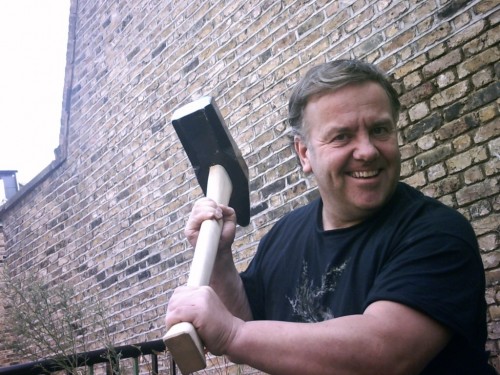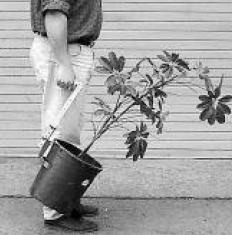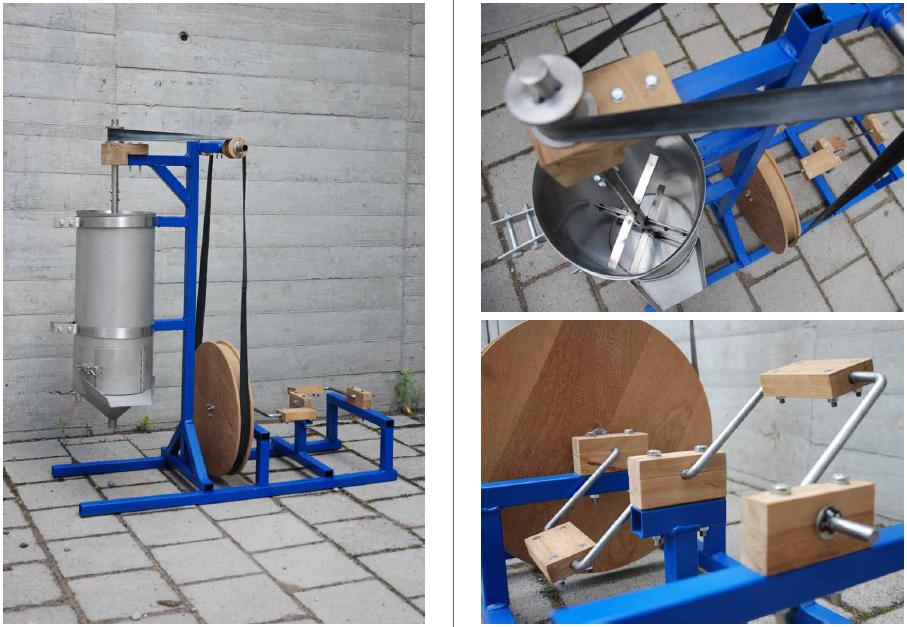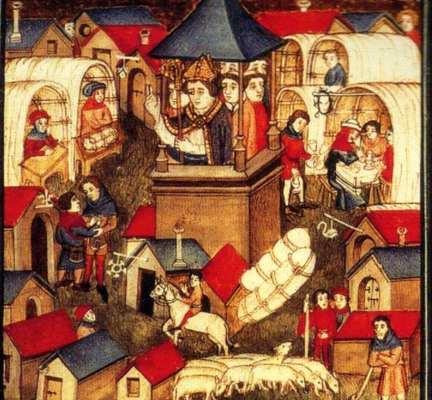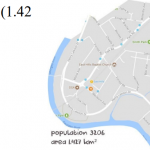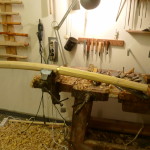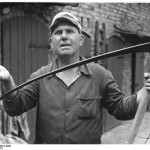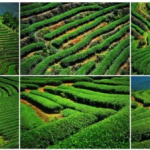“November 2011 – January 2013 marks the 200th anniversary of the Luddite uprisings, in which artisan cloth workers smashed machines which were destroying their trades, undercutting wages and forcing them into unemployment and destitution. Today, the industrial system that the Luddites were rebelling against has led to climate change and huge losses of biodiversity, and its new technologies, such as information technology, genetic engineering and nanotechnology raise equally profound issues. Yet anyone who raises concern about the price and side-effects of new technologies is harshly condemned as a ‘luddite’, someone supposedly irrationally opposed to technology and progress.”
“In fact, the Luddites were not ‘luddites’ in that sense: the idea that they were opposed to all technology is a history written by the victors. In fact the Luddites opposed only technology ‘hurtful to Commonality’, ie. to the common good, rather than the narrow interests of the few. They destroyed some machines whilst leaving alone others in the same workshop. So being a luddite today means being a sceptic about the dogma of technology as progress, not about denying the real benefits of some technologies. It means insisting that the crucial decisions about which technologies are developed are made democratically, not just imposed by corporations and technocratic elites. And it means standing up for our own ideas of what progress really is.”
Help celebrate 200th anniversary of the Luddite uprising: Luddites at 200 website. See also: “Lessons of the Luddites“.
